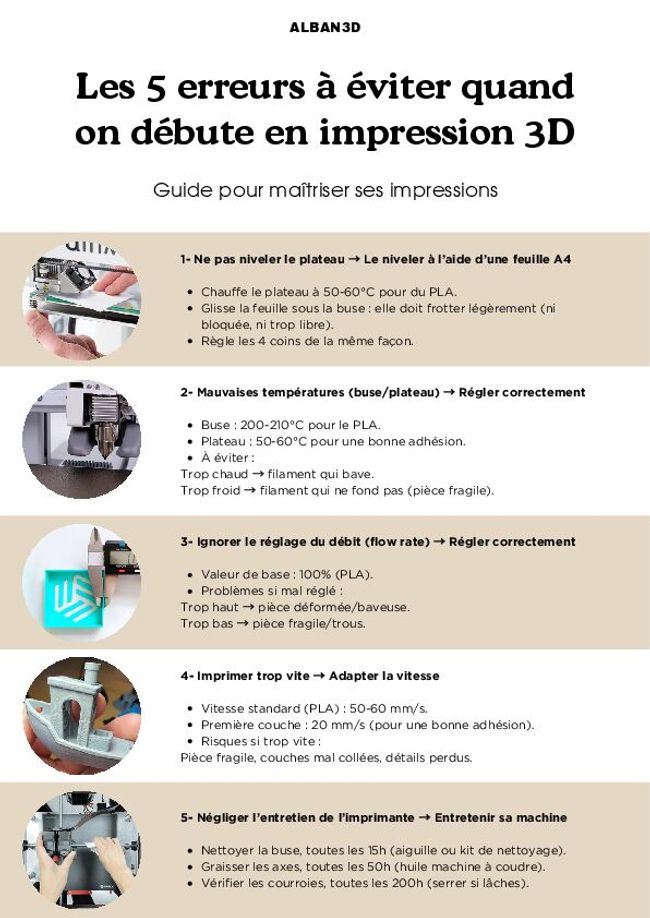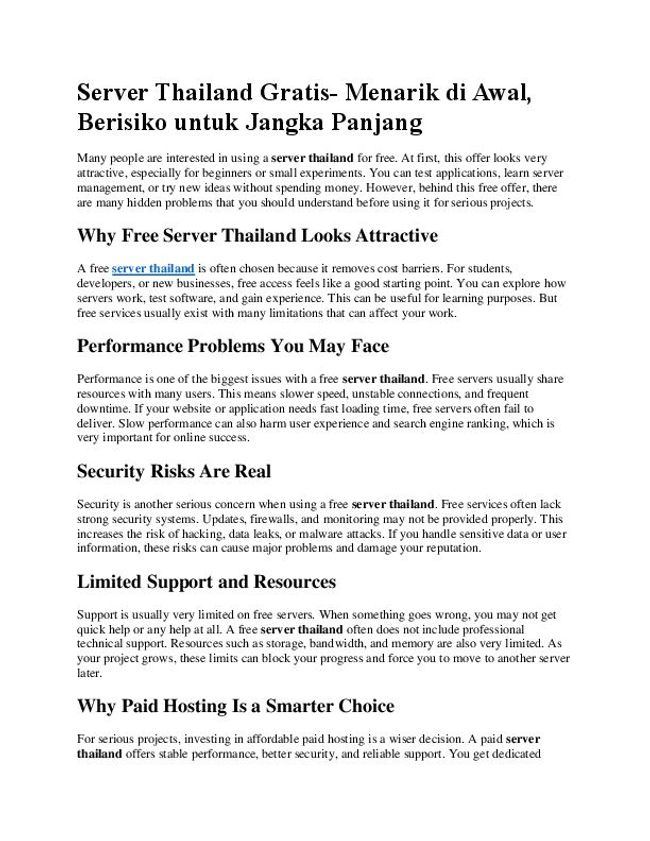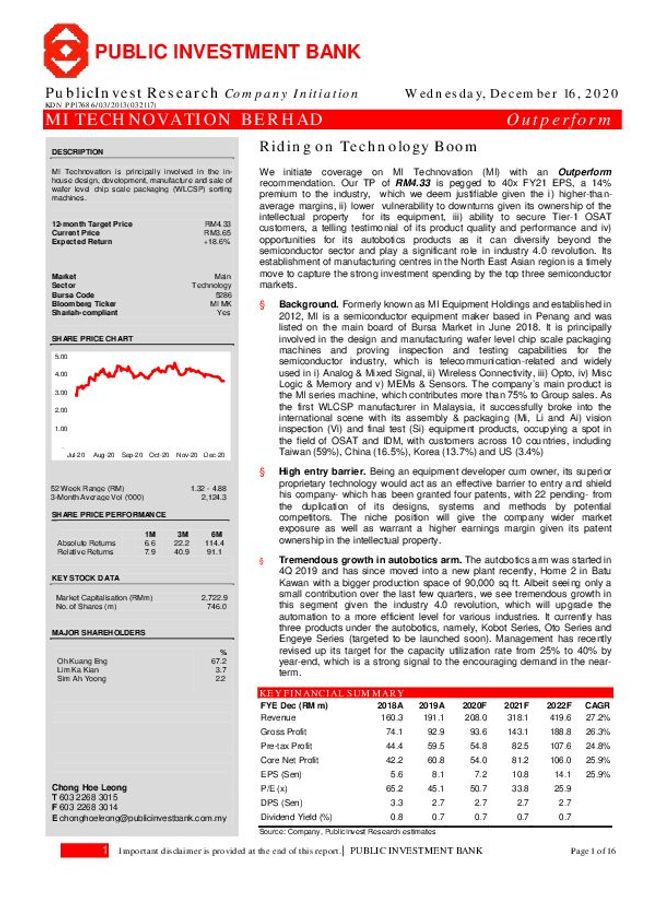Search results (262,195)
Turbo VPN Fast App.pdf
turbovpn
Turbo VPN Free has all free and unlimited VPN Servers, allowing you to access any websites, social networks, mobile games, apps and streaming services securely. With worldwide VPN servers, By Turbo VPN free you can fully protect your online privacy and secure Wi-Fi hotspots wherever you are using it. Use the internet with full freedom without any fear of being blocked and detected, use our best VPN proxy in the United States of America and any other country.

7 Common Mistakes Singapore Businesses Make in Compliance
Entrust
With a steady secretarial services Singapore and a proactive approach, compliance becomes routine instead of reactive. And when it’s routine, it stops being something businesses fear — and starts being something they barely have to think about at all.

K2 Spray on Paper — mysteriousplant.com
mysteriousplant.com
In the realm of synthetic drugs, K2 spray on paper has emerged as a potent and concerning substance. But what exactly is K2 spray, and what are its implications for users? Let’s delve into the intricacies of this synthetic cannabinoid and its impact. Email: [email protected]

Wicked Whims is Turing-Complete
Angel Horse
Proof that Wicked Whims, an adult mod for The Sims 4, is Turing-complete

Zauberstab Zubehör
Europe Magic Wand
Mit unseren Experten haben wir Zubehör für den Magic Wand kreiert, das mit kraftvollen Vibrationen für beste Orgasmen sorgt. Befriedigen Sie jetzt Ihre Bedürfnisse - einfach und unabhängig.

Table and Chair Rentals Near Me Convenient Rentals for Parties and Events
Make event planning easy with table and chair rentals near me at partyfunrental.com, providing durable, stylish, and versatile options to accommodate guests and elevate your celebration.

5 erreurs à éviter en impression 3D
Alban3D
Ton guide pour ne pas commettre les erreurs que 90% des débutants commettent.

Custom Shade Sail.pdf
PC
Enjoy your outside space, and look great doing it. High-quality custom shade sails for residential, commercial and institional use. Email our design team stay cool

Use TENS Machine to Manage Neck Pain
Omron Healthcare
Living with chronic neck pain can seriously cause a lot of misery and agony. Neck pain has no single cure, and different treatments work better on different patients. Read the blog to find out how a TENS machine can help in managing neck pain.

Transform Your Projects Smoothly with a Trusted concrete contractor sacramento
Hire a reliable sacramento concrete contractor for residential or commercial projects. sacramentoconcretecompany.com specializes in foundations, stamped driveways, patios, walls, and pool decks, providing licensed, bonded service with free estimates and a satisfaction guarantee, ensuring quality craftsmanship and durable concrete results.

Residential Movers Los Angeles.pdf
Melrose Moving
Our expert professionals understand the significance of a smooth transition, offering comprehensive residential moving services tailored to meet your unique needs. From packing your belongings with care to navigating the bustling streets of Los Angeles, our skilled movers ensure a seamless and stress-free relocation experience. We prioritize the safety and security of your possessions, employing proven techniques and high-quality materials to safeguard your belongings throughout the entire moving process.

ì¶ì² ìì ì¶êµ¬ íì´ë¼ì´í¸ ì¬ì´í¸ë¥¼ íµí´ 경기 ìë°ì´í¸ë¥¼ íì¸íì¸ì 44.pdf
무료 스트리밍, 경기 재방송, 인사이트를 제공하는 최고의 추천 축구 하이라이트 사이트를 tv7942.com에서 확인하세요. 라이브 축구 액션, 상세 하이라이트, 전문가 분석으로 팬들이 모든 주요 대회에서 정보를 얻고 참여할 수 있습니다.

Advance Apparels Unlock Fashion Excellence with Wholesale Women's Styles.pdf
Advance Apparels
At Advance Apparels, our unwavering belief is that fashion should not only be a statement but an accessible one for all. Committed to this vision, we take pride in curating an expansive collection of wholesale women's clothing, meticulously selected for their superior quality. What sets us apart is our dedication to offering these fashion-forward pieces at prices that defy competition, making style both attainable and affordable. Entrust us with the opportunity to not just enhance but truly elevate your business to unprecedented heights!

step-By-Step Guide To A Successful Career In Welding
PTT
It is a quite detailed step-by-step guide for aspirants in the trade of welding and then you can find out the path to a rewarding career and where to get the necessary skills. It will cover all the aspects including the different types of certifications, and hands-on training through the best-accredited vocational colleges. The guide shows how skilled trades education, apprenticeships, and learning trades through real-world practice can lead to long-term job stability and strong earning potentia


















